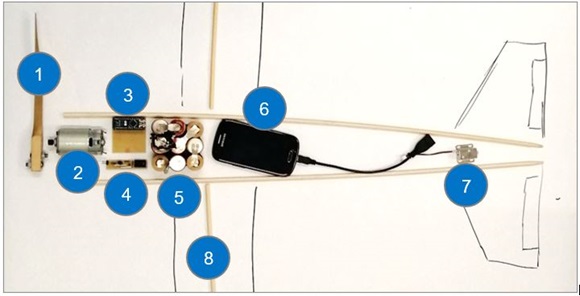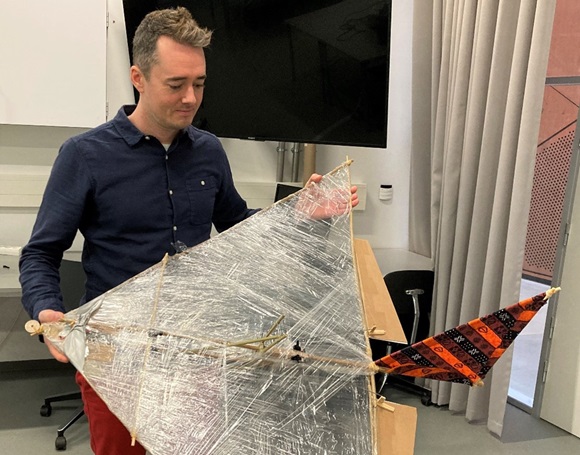The challenges: Land rights, reforestation, and empowerment
Over 60% of the population of Sierra Leone depends on farming for their livelihood and for food, yet land rights are poorly documented leading to conflicts and reducing empowerment. These impacts are especially felt by women and the poor who are particularly vulnerable to land loss and seizure. The increased focus on land rights and natural resource management in the country includes reforestation tree planting to “re-green” Sierra Leone.
The approach: Value sensitive design
The approach is grounded in the idea that technology is a key feature in economic growth and consequently a necessity to improve living conditions and empower local populations. However, true empowerment does not come from importing technologies from abroad causing dependencies and reducing ownership – it comes from designing and locally manufacturing technologies suited to the context and needs of the people. Value sensitive design (VSD) – a methodology for taking human values and the social impacts of technology as inputs during the design process – is uniquely suited to the task. VSD will be utilized throughout the project to identify the relevant human values, identify impacted stakeholders, and gather their inputs. These human values and contextual factors are then translated into design requirements which engineers can work with.

The potential solution: Upcycled African drone
Drones could be a potentially empowering technology in Sierra Leone - they could be used for mapping tasks to establish land rights, and used to drop seeds for reforestation. The concept - shown in Figure 1- is to utilize local materials and discarded or low-cost electronics to locally design and manufacture 1.5 kg fixed-wing drones. Besides being inexpensive, the upcycling of materials serves to improve environmental sustainability without taking away critical resources that could be used elsewhere. The design is aimed at both the technically inclined who recognize that drones can provide the means for starting a business, and organizations wishing to utilize drones for humanitarian purposes. It is envisioned that collaboration with local universities as designers and builders, and local craftspeople to produce drone parts will boost education and the local economy – and hopefully lead to increased ownership and empowerment.

Partners
Engineers without borders Denmark and SDU

+870x375/upcycled-african-drone.png?h=375&iar=0&w=870&hash=1E17BAFC74E4337C2BB32FEDBB364B68)